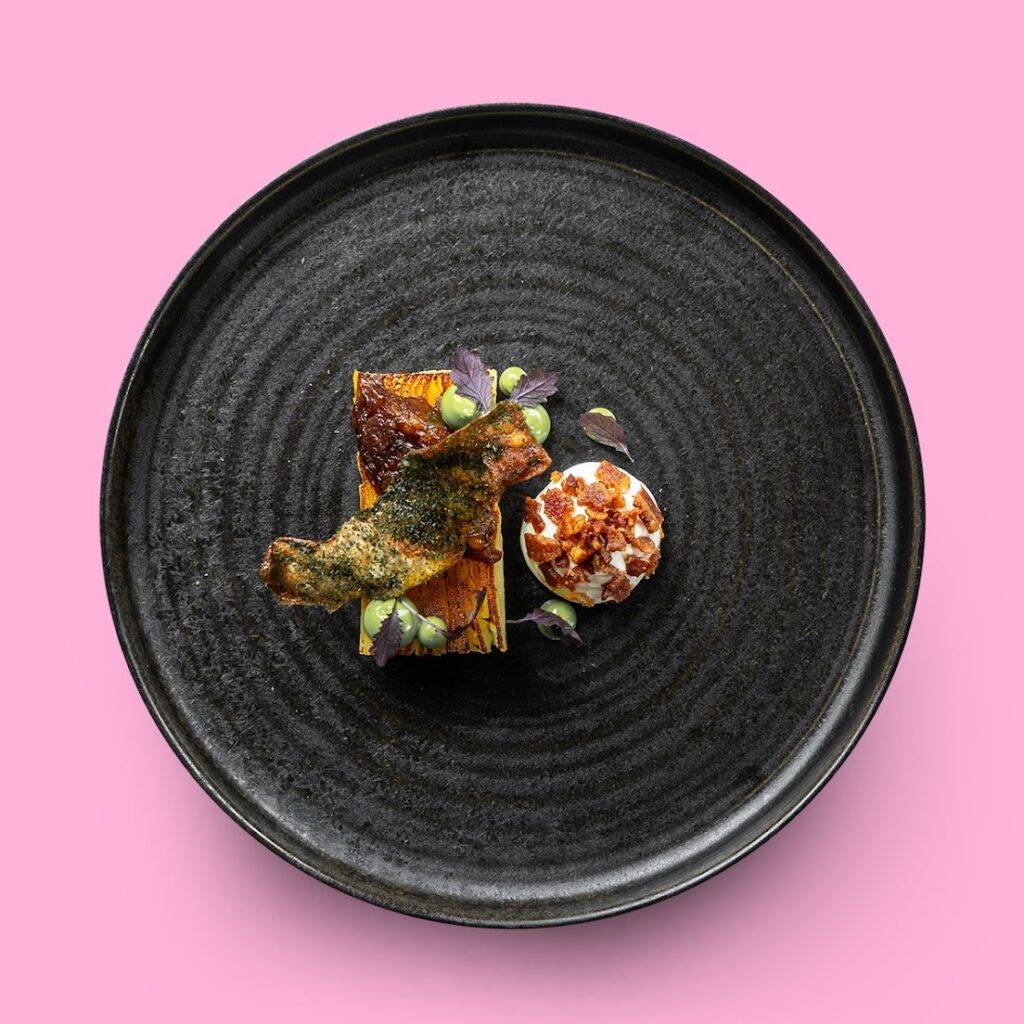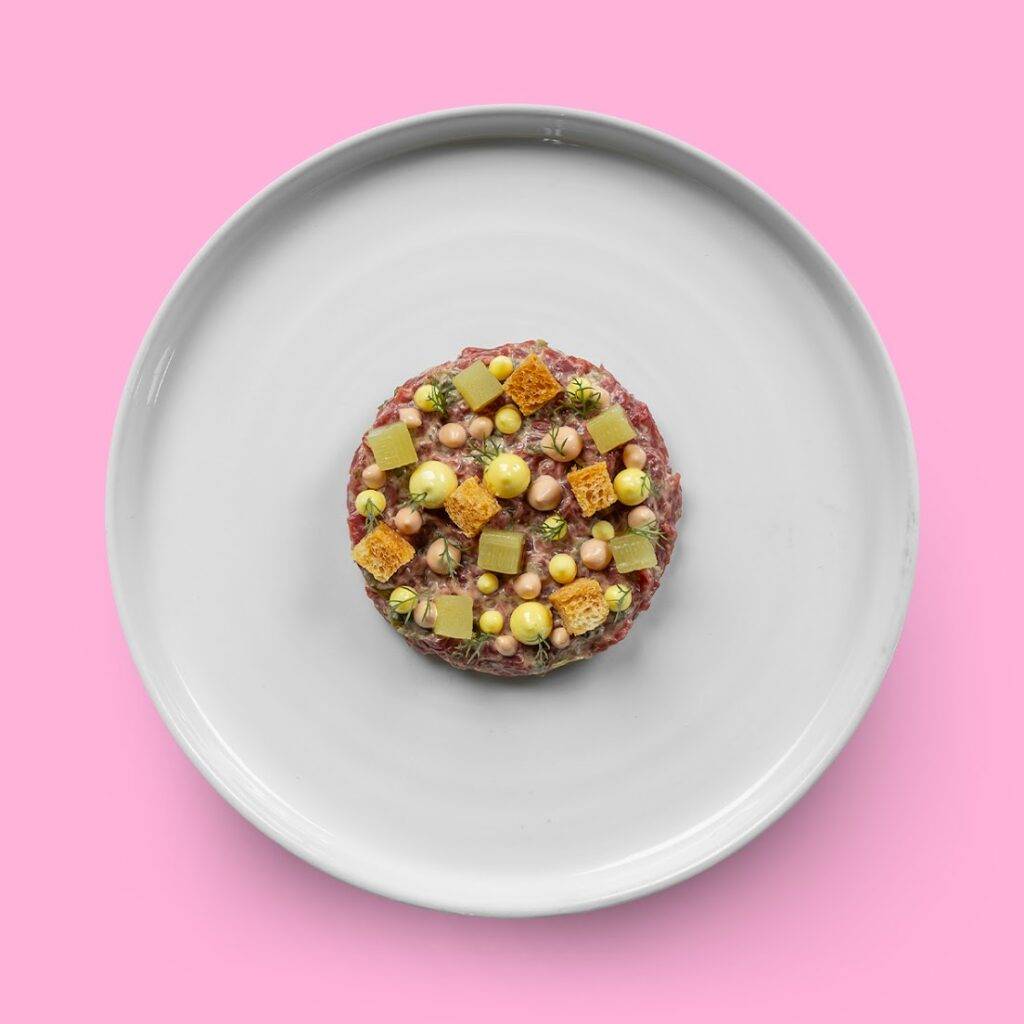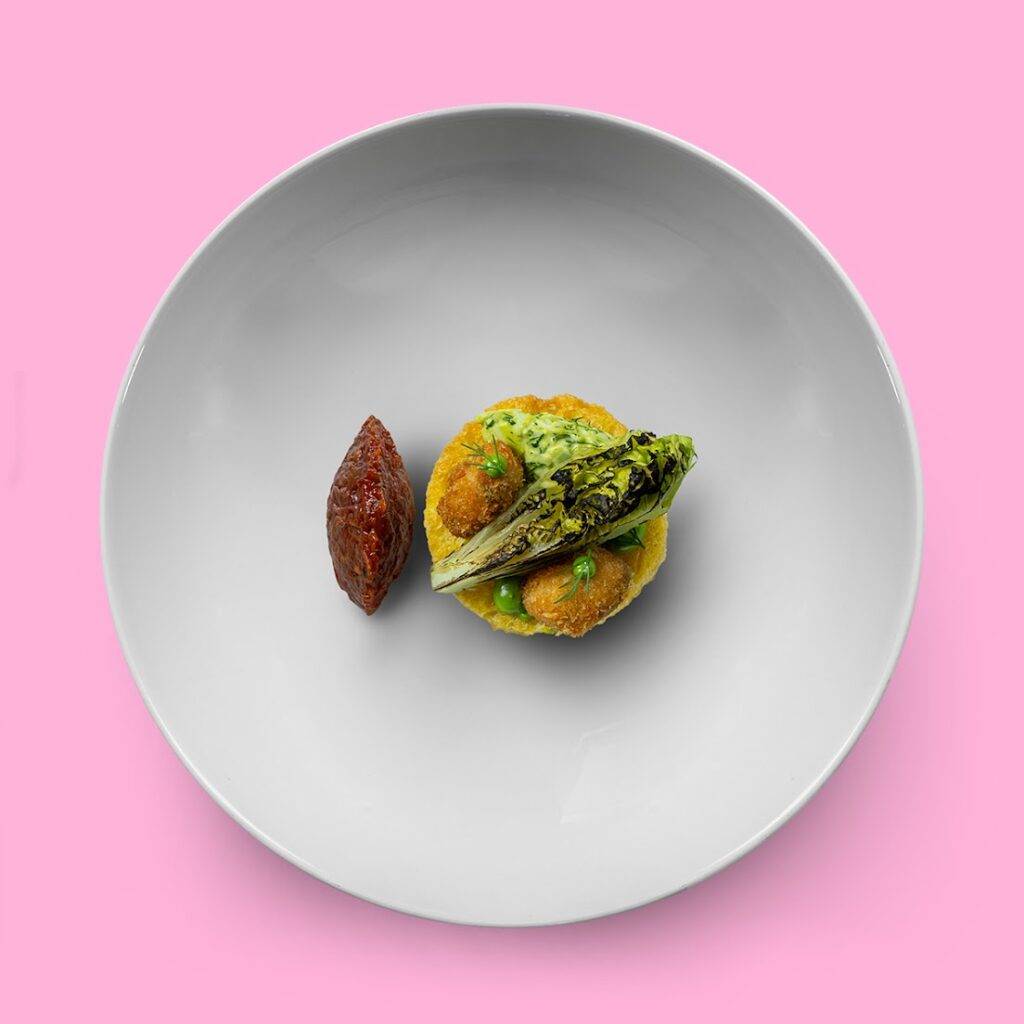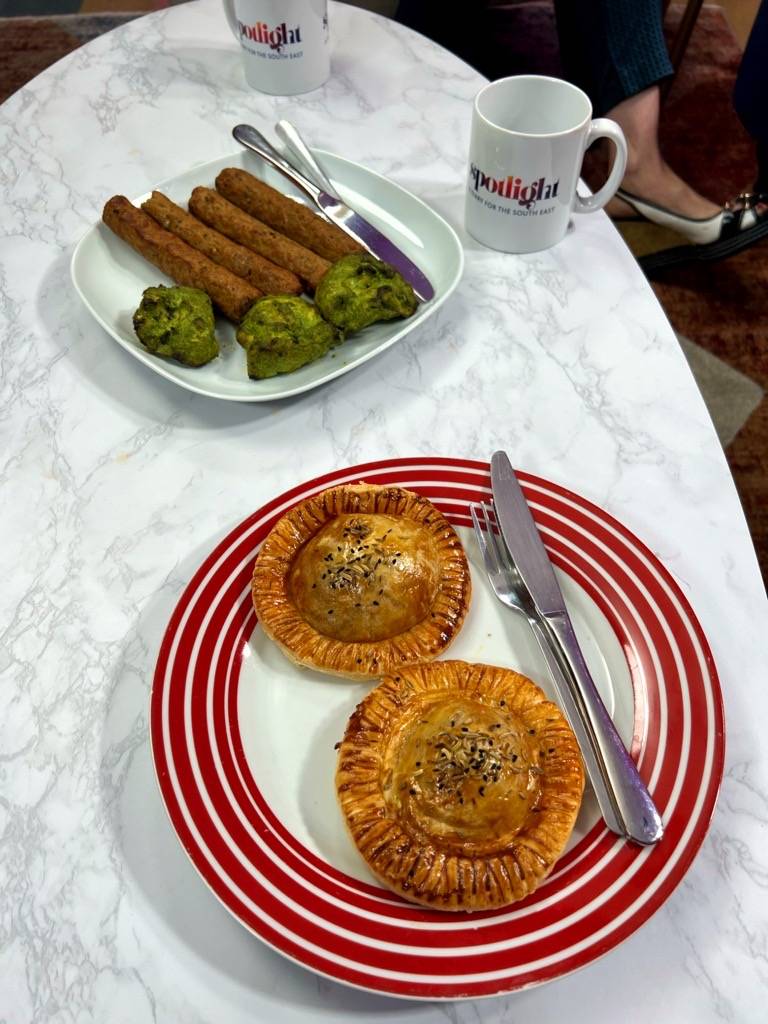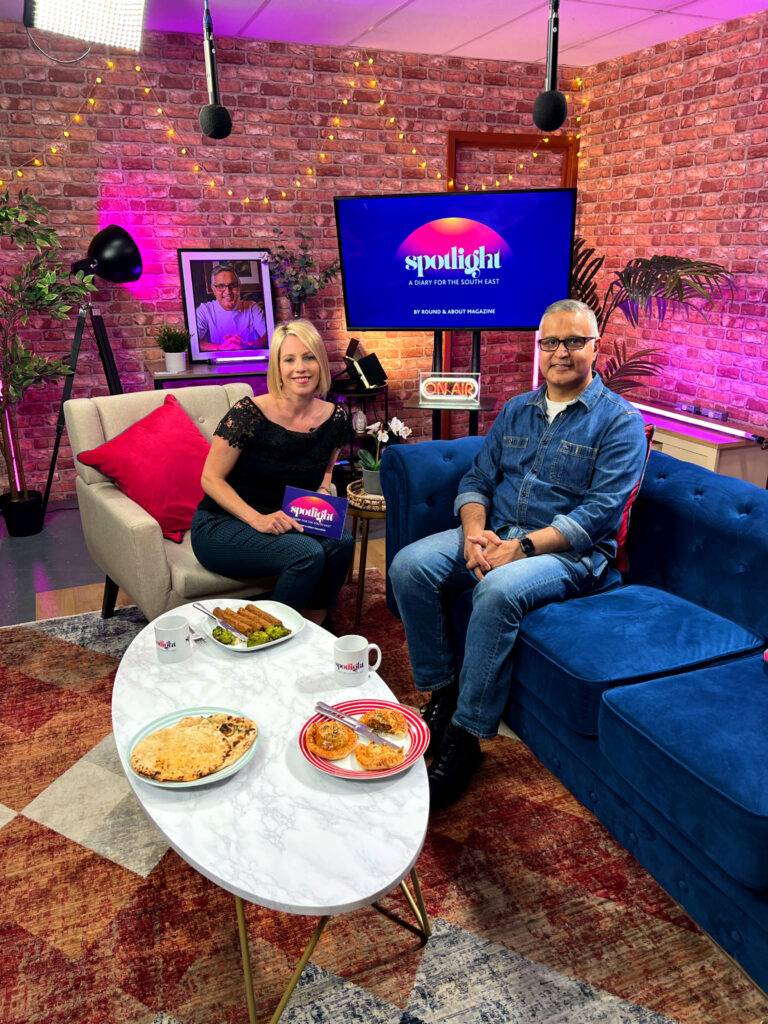Chris Everitt shares his thoughts about how Rennie Grove Peace Hospice Care looked after his mum at the end of her life last year, ahead of the Chilterns 3 Peaks Challenge on 8th September
Rennie Grove Peace Hospice Care is calling on people and local businesses to step up for the 15th anniversary Chilterns 3 Peaks Challenge.
In the run-up to the event, Chris, whose mum Caroline was in the care of Rennie Grove Peace, has shared his experiences in the hope of promoting others to volunteer for the charity.
Caroline went into the care of Rennie Grove Peace in 2023 after her seven-year battle with cancer took a turn, with doctors identifying that cancer had returned in her brain.
Throughout Caroline’s end of life care, Chris said the nurses at Rennie Grove Peace were supportive and worked to find ways that she could remain independent.


Now Chris hopes his story will raise awareness of the work Rennie Grove Peace do and prompt more people volunteer to help out at the Chilterns 3 Peaks Challenge on 8th September.
Chris’s mum, Caroline, was diagnosed with breast cancer in 2016 at the age of just 49. Months of treatment successfully treated her cancer until there was no evidence of disease remaining.
All was well until 2019 when an MRI revealed that the cancer had metastasised and was present in her liver, lung, spine, brain, head and jaw. Further treatment followed, to try and reduce the tumours and keep Caroline well for as long as possible.
Regular tests helped the family understand how Caroline’s tumours were responding to treatment and by 2020 many of the tumours had cleared up, so they remained in just her lung and liver. This was celebrated by the family, Caroline’s friends and anyone that knew her.
However, in 2022 tests revealed that the tumour had returned in Caroline’s brain. At this point, the family was told that her prognosis would be shorter. By 2023, Caroline was starting to deteriorate and that’s when the Rennie Grove Peace team stepped in.
Chris says: “The Rennie Grove Peace nurses were so supportive and really worked to find ways for Mum to stay as independent as possible. The nurses visited regularly, and they could advise us when we were ready for the next step, like suggesting when we might like to think about a stair lift or a hospital bed.”
As Caroline began to deteriorate, she was referred to the Rapid Personalised Care Service, which sees Rennie Grove Peace healthcare assistants visit up to four times per day to support with personal care such as washing and dressing.
Chris continues: “Everybody who visited from Rennie Grove Peace was compassionate and honest with us. At one point the nurses told us that, based on her deterioration, they thought she would probably die within a week.”
Sadly, Caroline died three days later, on 6th October, four days before Chris’s 30th birthday.
During the time Rennie Grove Peace staff were visiting, Chris learned how little of the charity’s funding comes from the government and how reliant the organisation is on fundraising. He decided to start fundraising to ensure other families can access the same care his family benefitted from. Most recently, Chris completed the National Three Peaks Challenge to raise vital funds for Rennie Grove Peace.
Now, Chris wants to encourage people in Buckinghamshire to get behind the Chilterns 3 Peaks Challenge on Sunday, 8th September, to ensure other local people can benefit from the support his family received.
Rennie Grove Peace is also appealing for on-the-day volunteers to help the event run smoothly. Various roles are available, including road crossing marshals and car park marshals, with volunteers asked to commit to four hour shifts on the day.
Anyone wishing to help on the day is asked to email: [email protected]. For more information about the event visit renniegrovepeace.org/C3P
For more information on the work of Rennie Grove Peace Hospice Care, visit Home – Rennie Grove Peace Hospice Care or call 01923 330 330.



















